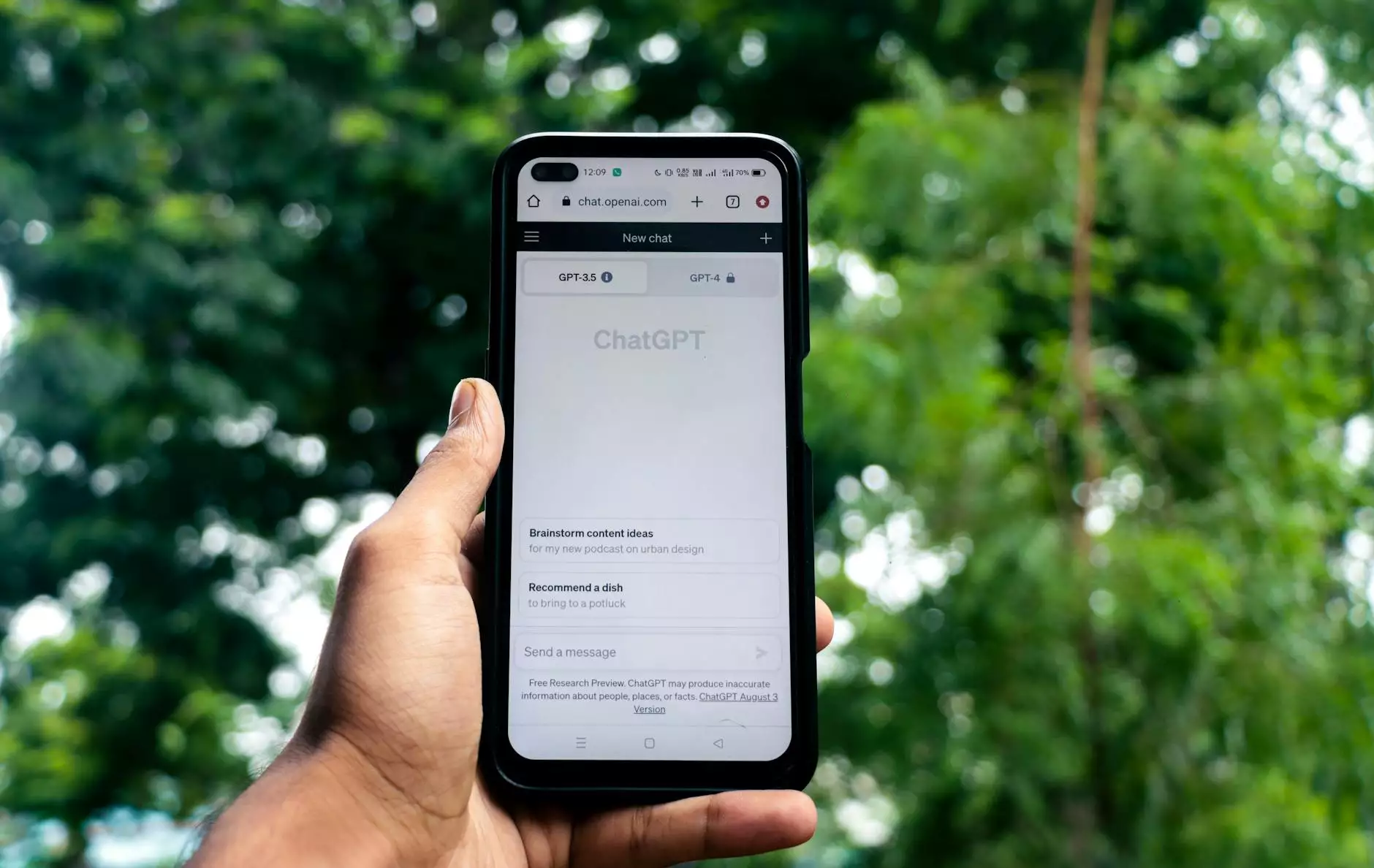Empowering Black Millennials in Church Communities

The Importance of Faith for Black Millennials
In today's fast-paced society, the faith journeys of Black millennials have become increasingly significant. These young adults are not just churchgoers; they are often the catalysts for change in their communities. By engaging with their spirituality in meaningful ways, they forge connections that transcend traditional worship spaces. The black millennials church is not merely a place of worship but a vibrant community where cultural identity and faith intersect.
Understanding the Black Millennial Experience
The experiences of Black millennials are profoundly shaped by their culture, history, and contemporary societal issues. Often facing challenges such as societal discrimination and economic instability, these young adults turn to their communities for support and guidance. This makes it crucial for religious organizations to understand and address their unique needs.
Challenges Faced by Black Millennials
- Economic Disparities: Many Black millennials struggle with underemployment and student debt.
- Social Justice Issues: Ongoing issues such as racial inequality can impact their mental health and well-being.
- Cultural Representation: A desire for representation within faith communities influences their church involvement.
The Role of Churches in Empowering Black Millennials
Churches play a critical role in offering support, resources, and community to Black millennials. They serve as safe havens where young people can express their faith, identity, and concerns. By facilitating programs and initiatives tailored to this demographic, churches can become instrumental in promoting personal growth and community service.
Engaging Millennial Aspirations through Faith
Black millennials seek to engage their spirituality with their aspirations for success and impact. Churches can help bridge this gap by implementing programs that encourage personal development alongside spiritual growth. Here are a few ways churches can cater to these aspirations:
- Mentorship Programs: Connecting young adults with experienced leaders in various fields can provide valuable guidance and inspiration.
- Career Development Workshops: Offering workshops that empower young professionals can help them navigate their careers.
- Faith-Based Community Service: Engaging in local outreach promotes a sense of purpose and community connection.
Creating Inclusive Spaces in Churches
To thrive, Black millennials require inclusive and welcoming environments within churches. This can be achieved through a variety of means:
- Diverse Leadership: Representation in leadership positions can foster a culture of inclusivity.
- Culturally Relevant Worship: Incorporating diverse styles of worship that resonate with Black millennials enhances engagement.
- Open Dialogues: Encouraging conversations about social justice, mental health, and racial issues can create safe channels for expression.
Highlighting the Impact of Technology on Church Engagement
Black millennials are digital natives, and their relationship with technology influences how they engage with faith. Churches that leverage technology are more likely to connect with younger members:
- Online Worship Services: Virtual services provide access to those unable to attend in person.
- Social Media Engagement: Active presence on platforms such as Instagram and Facebook encourages community-building among young adults.
- Online Resources: Providing educational content and resources online meets the informational needs of millennials.
Building Community through Service
Service is a hallmark of faith, and for Black millennials, community service often translates into powerful real-world action. Churches can promote a spirit of service in several impactful ways:
- Organizing Community Cleanups: Engaging members in local beautification efforts fosters a sense of pride and ownership in the community.
- Charitable Fundraising Events: Facilitating events that support local organizations enhances community ties.
- Volunteer Opportunities: Encouraging participation in local charities helps build a culture of service.
The Future of Black Millennials and Their Churches
The future of religious communities is bright with Black millennials at the forefront. Their unique combination of faith and activism is shaping the trajectory of churches. As they become more involved in leadership and community initiatives, we can anticipate a new era of innovation and outreach. Churches that prioritize these changes will not only thrive but also cultivate resilient communities rooted in love and service.
Strategies for Future Engagement
To ensure that Black millennials remain engaged in their churches, it is essential to adopt strategies that resonate with their values:
- Flexible Engagement Models: Offering various ways to participate in church life can cater to diverse preferences.
- Emphasizing Mental Health: Addressing mental health openly can reduce stigma and support well-being.
- Incorporating Arts and Culture: Embracing the richness of Black culture in church programming can enhance appreciation and belonging.
Conclusion: A Call to Action for Churches
In conclusion, the relationship between Black millennials and the church is vital and transformative. By understanding their needs and aspirations, churches can create spaces that are not only welcoming but also empowering. The black millennials church has the potential to be a beacon of hope and strength in the community, promoting faith, resilience, and service. As we move forward, let us commit to taking tangible actions that support the growth and engagement of this dynamic generation in our religious organizations.









